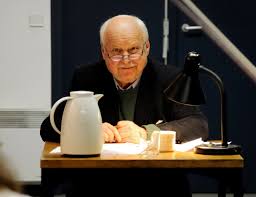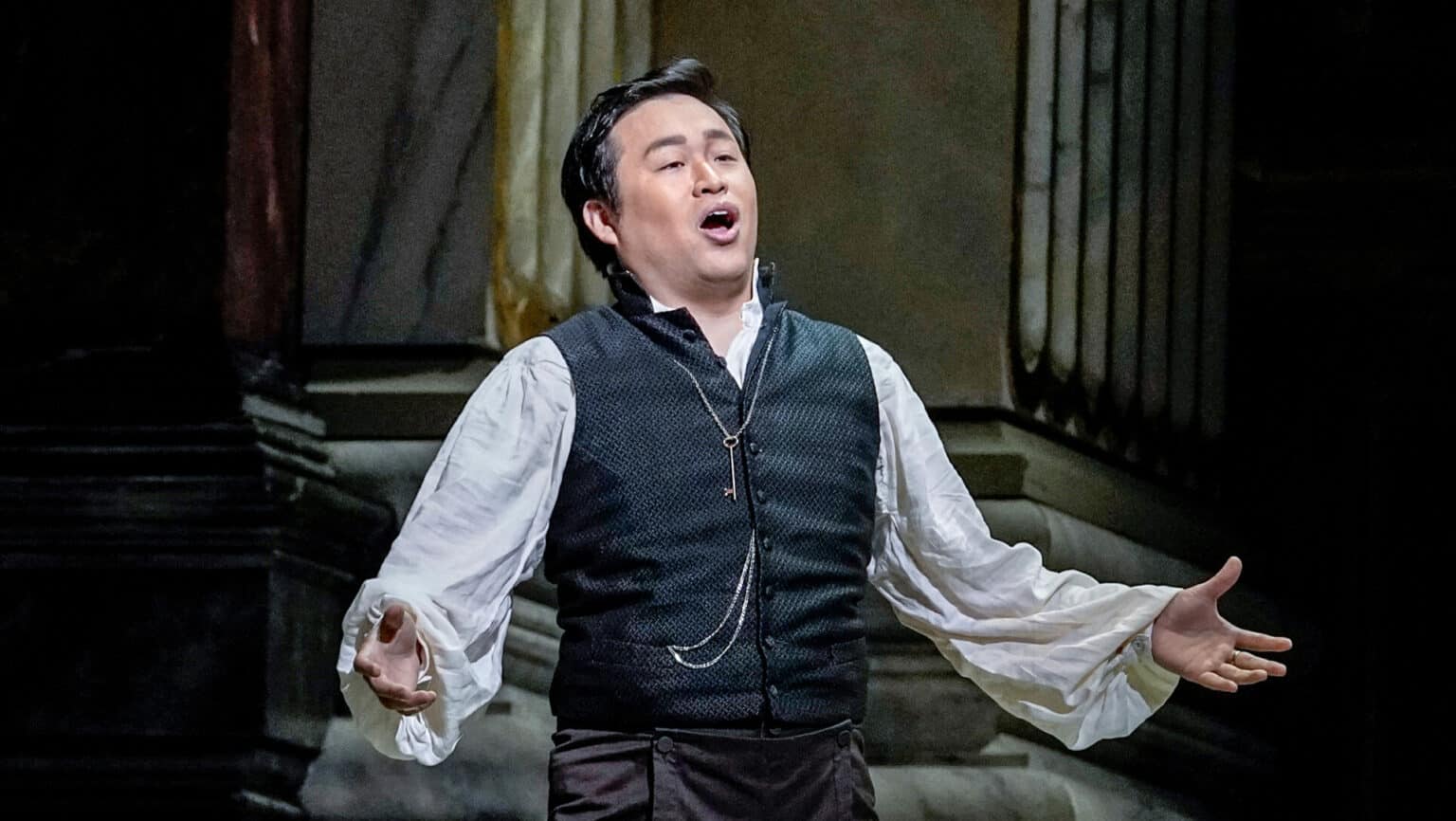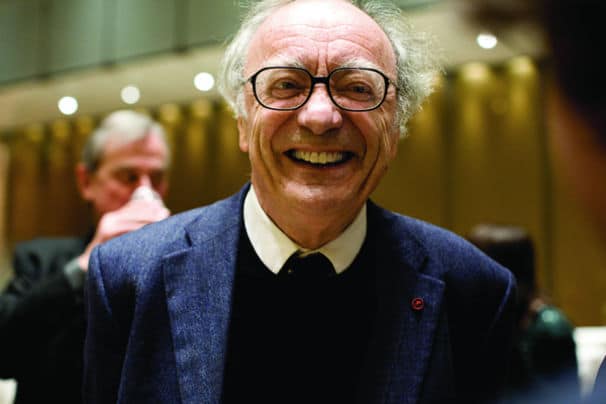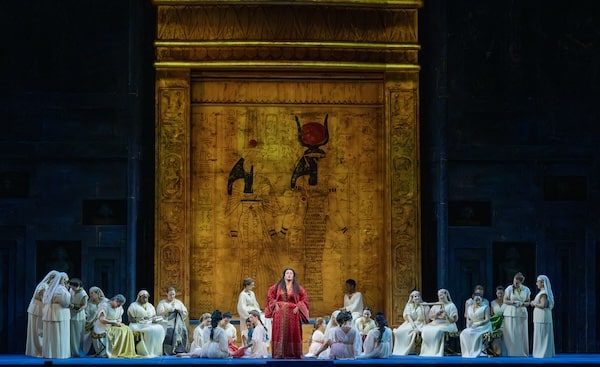My mother traded in her watch for my first violin
mainGünter Pichler, first violinist of the Alban Berg Quartett for 38 years, talks to Anthea Kreston about his tough beginnings, working as concertmaster for Karajan. Most of it is in German but he has a flash of insight in English about the brilliant LaSalle Quartet.

Among other things he says that, in his time, there were only three or four top-class quartets. Now that are three times as many.
Listen here.





My mother gave up smoking to pay the instalments on my first and, as it turned out, only clarinet. Sadly, her sacrifice didn’t lead tons glittering musical career in my case. Still, she does turn 90 this year so maybe it wasn’t a completely futile act.
Maybe she should celebrate with a nice cigar? 😉
Günter Pichler has said that the fees for top string quartets today are only half as high as they were at the time of the Alban Berg Quartet. In this way it was possible to achieve a corresponding income by playing fewer concerts and thus to better combine private life (he has five children) and professional life.
He also said that he is not at all satisfied with many tones in high registers, he would have wished it differently, but it was not possible because of his small hands.
Anthea Kreston or others I have the following question: Do any of you know what a great recording of Pelleas and Melissande were used in this interview? Dear Mr Lebrecht: Could you be so kind as to pass this question on to Anthea Kreston?
Kind regards from Vienna
Gerhard
Dear Gerhard,
Wonderful to hear from you! The recording I chose was Berlin/Karajan. I had a wonderful time with Günter, and putting it all together with the music was a lot of fun as well. Greetings from Idaho and hope all is well!
“Among other things he says that, in his time, there were only three or four top-class quartets. Now that are three times as many.”
While the Budapest String Quartet preceded them, and the Quartet Italiano overlapped only a few years, a list of top-class string quartets contemporary to the ABQ would include the LaSalle, Amadeus, Fine Arts, Juilliard, Borodin, Takács, Talich, Cleveland, Vermeer, Tokyo, Guarneri, and Emerson.
Great list!
Thank you very much Anthea. I do not know of any other interview with Gunter Pichler. I am in a priviledged position in that I firstly studied with Profess Samhoyl who was Head of the String Department Vienna Academy of Music at a Masterclass Course in Eisenstadt before study with Gunter Pichler. I attended most of the Alban Berg Quartet Concerts during the year I studied in Vienna, sometimes going twice as they were often repeated. I was however surprised that he decided to do the interview in German as his English was excellent. I do agree with Larry in the fact that he was somewhat dismissive of the number of outstanding quartets.
Samohyl, of course. How fortunate to have the opportunity to study with the teacher who taught nearly everyone in the WPO violin section for so many years!
Perhaps Herr Pichler is entitled to his own opinion on what he counts as a top-class quartet? Yes, those are famous groups, deservedly so, but is it impossible for someone with such deep knowledge of quartet playing to find them to not all be equally great? And a group’s ranking may well depend on the music. I remember a road trip years ago that offered the chance for a comparative listening of more than a dozen recordings of a single late Beethoven quartet, and we concluded that it was impossible to choose one recording/group over another, because our choices varied on a movement-by-movement basis! Some quartets could be easily top pick for one movement, and complete average in the next. Other quartets were never quite the best, but were always in the running. I love the QI Beethoven recordings, for example, but if your tastes run to Schoenberg, Berg, and Zemlinsky, they are not competitive as a top-class quartet.
Thanks very much Bill. Yes I really appreciate the fact I studied with Samohyl who had taught virtually the whole of the VPO section. I did have the compliment paid to me that my tone sounded Viennese!! You are quite right about choosing a Quartet as the premiere one when considering different Quartet movements that the particular Quartet are performing. Certainly the Alban Berg Quartet made Schoenberg, Berg and Zemlinsky not only listenable but romantic rather that 20th Century and more people were not only entranced by their performances but were educated by them.
I have no argument with the quartets Larry lists, but I would add the Smetana and the Vegh.
To your list I would include the Smetana Quartet.
Why didn’t he name these quartets??
Dear Anthea!
Thank you very much for your quick and helpful answer.
I hope you are well and all the best for the time after the Artemis Quartet.
Many thanks Norman for forwarding my question to Anthea!
Best regards
Gerhard